Crohn’s disease is a chronic inflammatory condition of the gastrointestinal (GI) tract. Inflammatory bowel disease (IBD), is comprised of two major disorders — Crohn’s disease and Ulcerative Colitis. For this post, we will only be covering Crohn’s disease.
Crohn’s disease can affect any part of the GI tract, from the mouth to the anus. However, it most commonly affects the end of the small bowel (ileum) and the beginning of the colon.
The disease can occur at any age, but most often affects adolescents and adults between the ages of 15 and 30, however, it appears to be rising in the pediatric population. Approximately 20% of patients with Crohn’s disease will develop it before 20 years of age.
There is a genetic component associated with an increased risk of developing Crohn’s disease, but it is impossible to predict who may develop Crohn’s disease based on the family history. It can affect people of all ethnic backgrounds but is most common in Caucasians. However, rates have also increased in Hispanics and Asians in the past years.
What causes Crohn’s Disease?
Unfortunately, the causes of Crohn’s disease are not fully understood. However, there are some things that we do know: boys and girls are affected equally, and diet and stress can irritate or impact Crohn’s disease, but do not cause the disease. The most recent research proposes that genetic, hereditary and environmental factors — such as where you live — contribute to the development of Crohn’s Disease.
What are the symptoms of Crohn’s Disease?
Crohn’s disease can present or affect each patient a little bit differently. Since Crohn’s disease is a chronic inflammatory condition of the GI tract, there are some common symptoms of inflammation that you may see. These GI symptoms include:
- Rectal bleeding
- Persistent diarrhea
- Abdominal cramping and pain
- An urgent need to move the bowels or a sense of incomplete bowel evacuation
It is important to keep in mind though that even though Crohn’s disease affects the GI tract, it also can affect the overall health of your child. Other complications or symptoms you may see can include:
- Loss of appetite or weight loss
- Low energy and tiredness
- Delayed growth and development in children
- Mouth sores, swollen and painful joints, unexplained fevers, rashes
How is Crohn’s Disease diagnosed?
While it is important to be aware of the symptoms and signs of Crohn’s Disease, only a gastroenterologist can make the diagnosis.
There is no single test to confirm Crohn’s disease, and symptoms can be like ones seen in other conditions as well. Your pediatrician, along with the help of your gastroenterology provider, can help with this process. After gathering more information, your child’s first tests could include blood work and stool testing. Further testing could also include radiology testing.
If Crohn’s disease is suspected, your gastroenterologist will likely recommend additional testing to look inside your child’s GI tract and intestine. This includes endoscopy of the upper and lower gastrointestinal tract (endoscopy and colonoscopy). A colonoscopy looks at the colon, the lowest part of the large intestine, by inserting a flexible, lighted tube with a camera on the end through the opening of the anus. An upper endoscopy looks at the GI tract from the top down, including the esophagus, stomach and the first section of the small intestine, the duodenum.
How is Crohn’s Disease treated?
This could be an entire separate post! Each patient’s situation can be different, and treatment should be a shared decision between the family and the gastroenterologist.
Remember that there is no one standard treatment that will work for all patients. Discuss the benefits and risks of each treatment with your child’s gastroenterologist, as they use the guidance of ongoing research and science surrounding Crohn’s disease to make the best decision for you and your child. The best course of treatment may depend on several factors, such as the severity and location of inflammation in the GI tract.
Main types of treatment for Crohn’s disease include:
- Medications
- Diet & Nutrition
- Surgical procedures to repair or remove affected portions of your child’s GI tract if indicated
Crohn’s disease, and navigating the best course of treatment for your child, can be very confusing. Your child’s gastroenterologist is a member of the team who is there to help manage their Crohn’s disease, and help them lead the life they want to live.
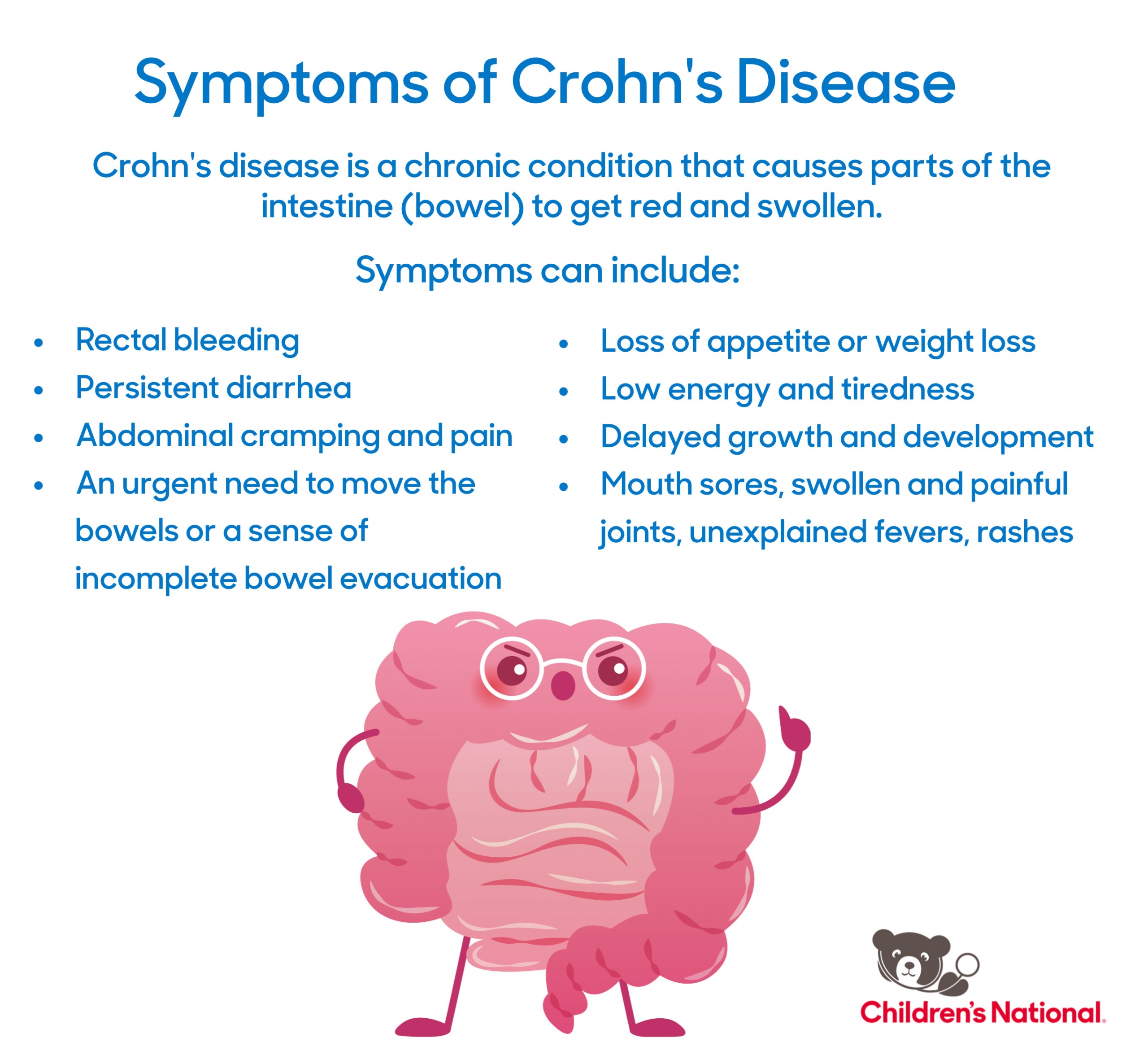
Download our Crohn’s disease infographic here.
 https://riseandshine.childrensnational.org/wp-content/uploads/2022/07/mother-taking-childs-temperature-feature.png
300
400
Rise and Shine
https://riseandshine.childrensnational.org/wp-content/uploads/2017/11/childrens_riseandshine_logo.jpg
Rise and Shine2022-07-06 10:16:492025-05-07 09:56:52Hepatitis in children
https://riseandshine.childrensnational.org/wp-content/uploads/2022/07/mother-taking-childs-temperature-feature.png
300
400
Rise and Shine
https://riseandshine.childrensnational.org/wp-content/uploads/2017/11/childrens_riseandshine_logo.jpg
Rise and Shine2022-07-06 10:16:492025-05-07 09:56:52Hepatitis in children




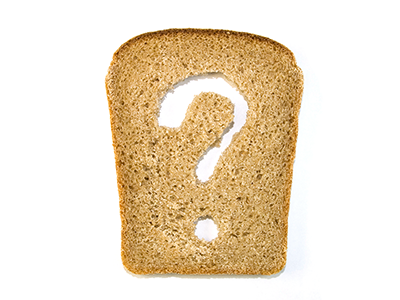
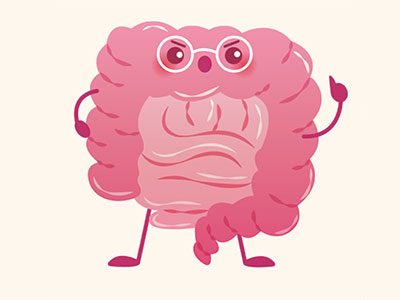





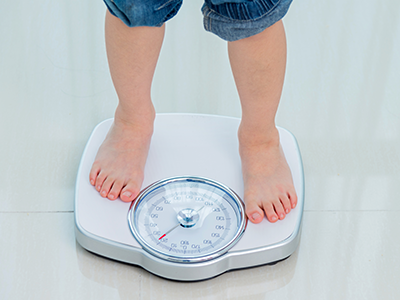
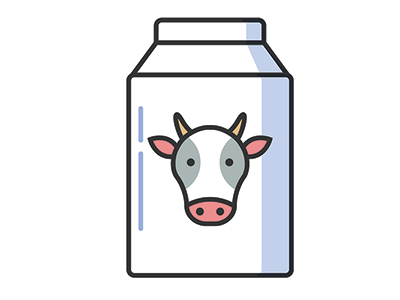
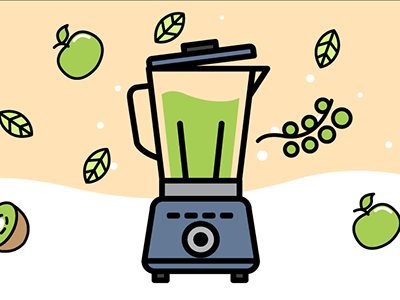


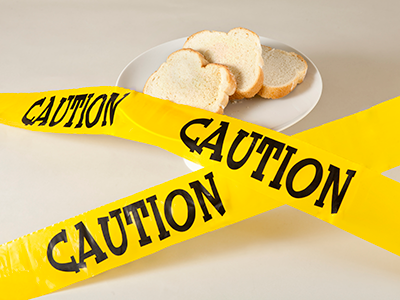



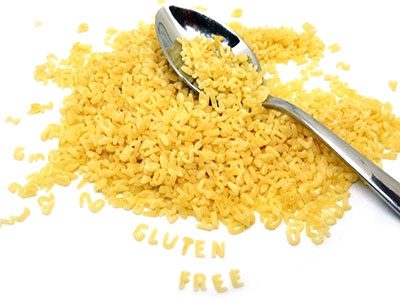
Leave a Comment
Want to join the discussion?Feel free to contribute!